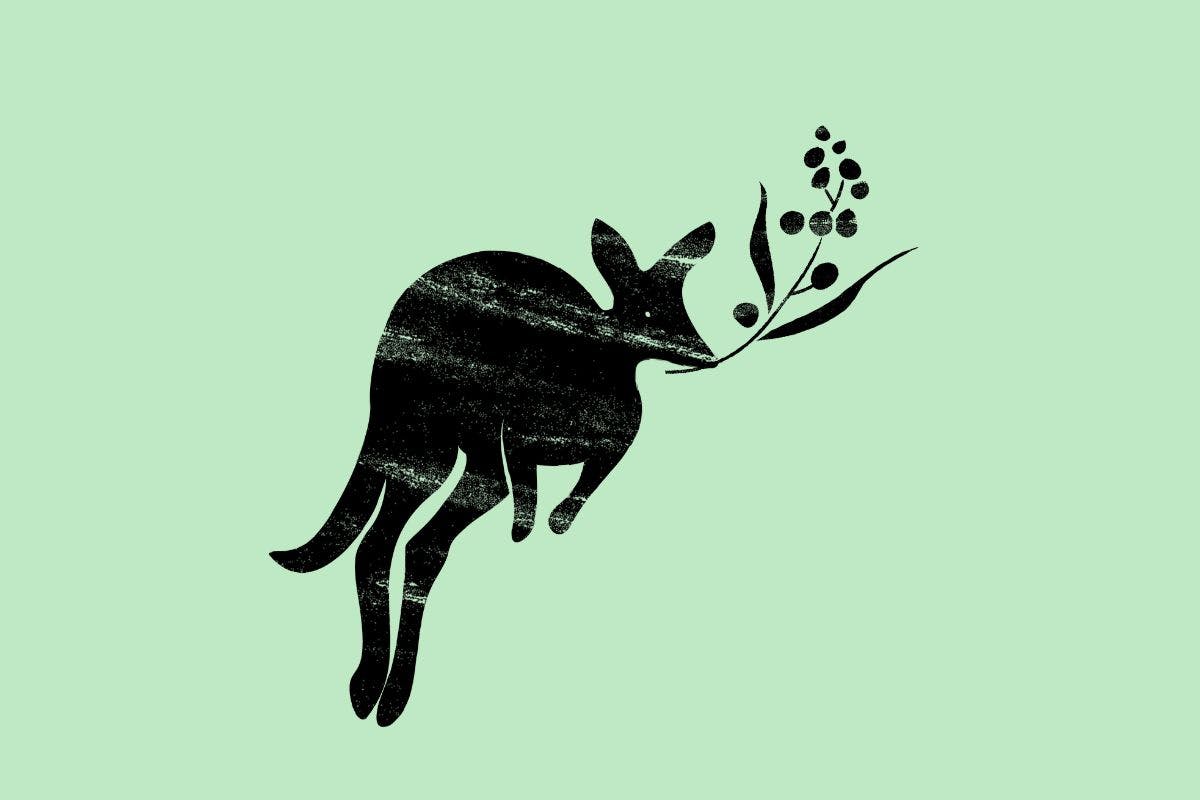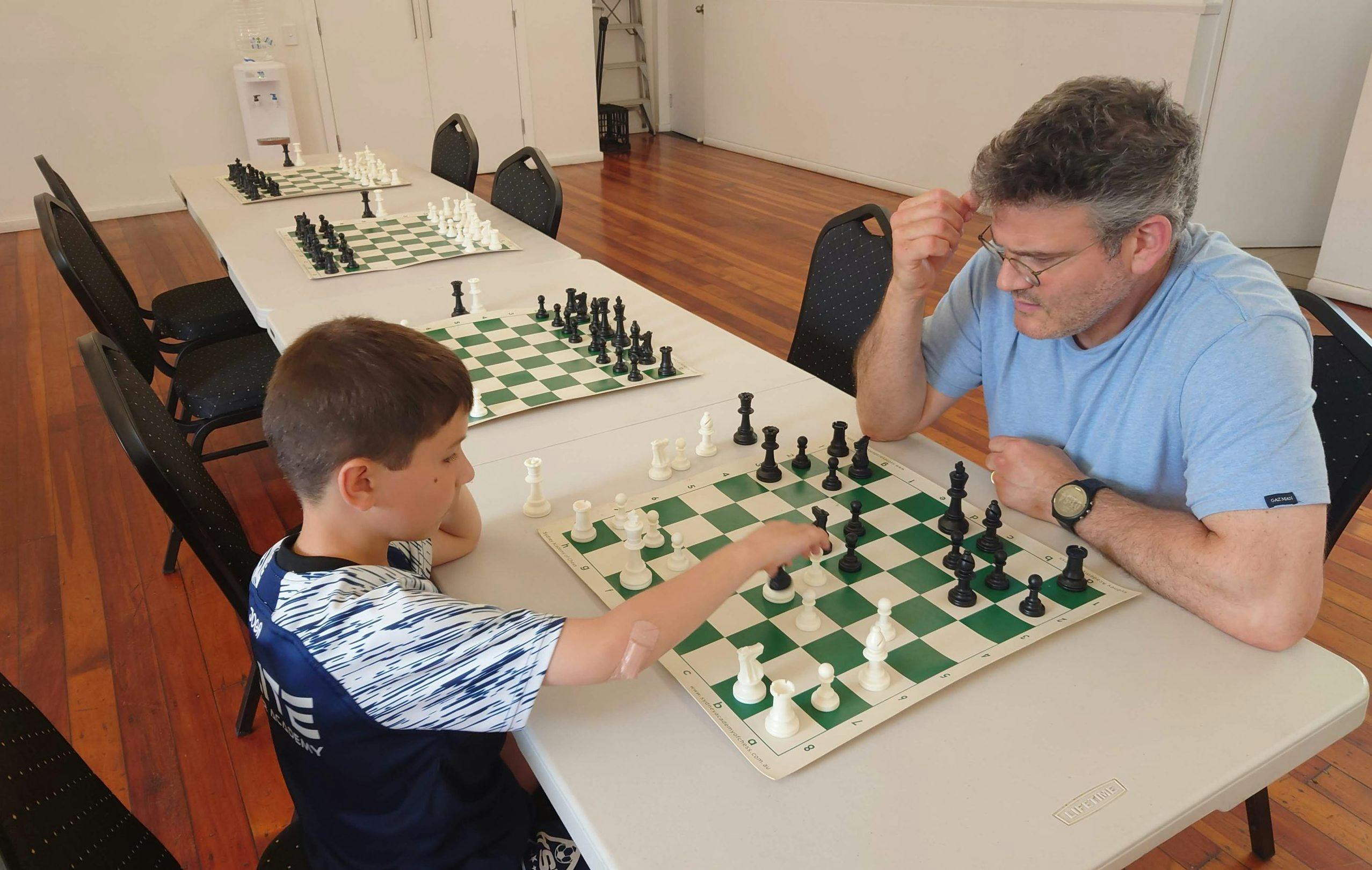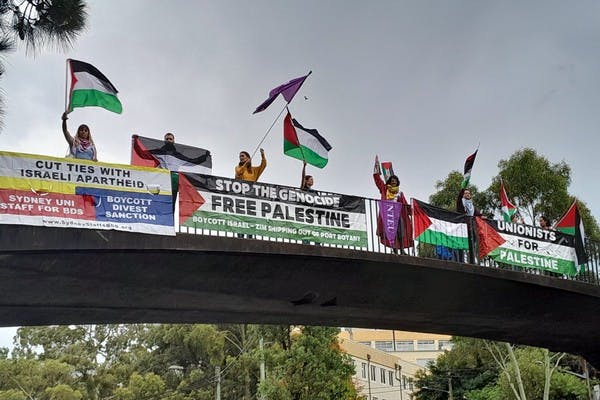Published: 31 August 2021
Last updated: 4 March 2024
Justine Sless and Noè Harsel co-host Sless to Harsel, an Instagram TV show where they share their enthusiasm for books and writing
JUSTINE
I was born in 1967 in Silksworth, a mining village in the north of England. When I was two years old, my parents separated. My mother re-partnered very quickly and I grew up in Sunderland.
My mother was the daughter of Holocaust refugees. Her permeating quality throughout my childhood was silence. She never talked about her childhood, her parents.
My stepfather was a very difficult man. I used humour continually to get through the very complex relationship he had with Judaism. He was Catholic. We weren’t allowed to talk about Judaism or being Jewish at all.
The exception was that he would make me watch documentaries about the Holocaust and if I flinched or cried he would reprimand me and say that I owe it to the Jewish people to watch documentaries like that. It was a very oppressive childhood because of his temperament.
My father left for Australia in 1974 with a new wife and new children. His family, who were practicing Jews, lived in Birmingham, UK. We would go there for Passover and often for school holidays. It was like a whole other universe.
My cousin and uncle would tell stories around the Shabbat dinner table. It was in complete contrast to my home life. It was fun, there was lots of beautiful food, they lived in an extraordinary house, it was just glorious. They were mensches.
I moved to Melbourne when I was 21, married at 22 and over the next two decades worked in several professions and had two daughters. And then, when I turned 38, I had this compulsion to do stand up comedy.

It operated on all my drivers – fear, failure and humiliation. I’d always gone back to that moment at that Shabbat table and wondered why and how did my uncle and cousin make us laugh often with the same stories?
The minute I spoke into an amplified microphone on the stage comedy became my drug of choice and I became obsessed with it.
In 2012, my mum showed me a handwritten copy of the family tree. I’m looking at the lineage going up the tree and then next to her father are her uncle’s names and next to them are their dates of birth and then: “Died Auschwitz”.
At that moment I knew I had to own my Judaism; I had to do something that could significantly pay homage to the fact that I was alive, that I had the freedom to be Jewish. An idea began to formulate: maybe I could do a Jewish comedy festival to pay homage. What started as fear, failure and humiliation around comedy became a sense of pride and naches.
The first time I saw Noè was at a roundtable of Jewish cultural organisations. I thought, she’s a very sassy, smart, groovy kind of woman. The next time we met was at the Writers Victoria AGM (where Noè is Chair). It was like meeting my best friend. It was just magic. Glorious.
It was something about her humour, her sense of fun. Just how ridiculously shrill we could be together; it was like a beautiful bubble, a “bissel” of joy. We just love each other in a way that you don’t love sisters because with us there’s no baggage.
We both feel a bit the outsider in Melbourne Jewry but for me it’s the humour that’s the connection; that we can riff. So one time I said, “I want to do this thing once a week. Let’s do an Instagram TV show and base it on something that connects us: books and writing but with a bit of a Jewish bent”.
Noè is incredibly talented and driven in a way that I’m not. Within minutes she had all the marketing and spreadsheets, Google stuff going on, the schedule. The first episode of Sless to Harsel, which is a two-minute episode, took us three hours.
And then we got the point of it – that it’s just two minutes of intense fun and hilarity and deliciousness. Do you use books marks or do you just fold the page? And we’re off.

NOÈ
I was born in the US in Iowa, the Midwest. My dad is first generation American from Polish-Russian migrants who left because of the pogroms. They settled in the Chicago area. Dad went off and lived his life and travelled to Japan where he met my mother, brought her back to live in the US and as academics they moved around a lot.
When I was quite young. we moved to Seattle on the west coast. Living in that university society at the University of Washington felt like I had the best of both worlds. We had a Jewish identity, a Japanese identity, there were big communities for both of them and we were active and engaged in all of that growing up.
My family relocated to Melbourne when I was 12. I didn’t expect it to be a culture shock; everyone speaks English, we’re all the same, we’re all moving from one academic environment to another. But it just was so different.
I struggled for quite a long time in terms of how to define myself as a person. A lot of that came from shedding the things that were different - my Asian identity, my Jewish identity and hardest of all, the American migrant identity - because that was how people would see you at school. I tried really hard to fit in and assimilate.
I was raised to be a culturally aware Jewish woman, to understand my Jewish history, heritage and the rituals and the customs and to observe them. That was part of my upbringing from an early age and it has become part of the essence of who I am.
But I didn’t go to a Jewish school, I am not going to ever be considered strictly Jewish or Jewish enough; yet in a core sense I am fundamentally Jewish. Having that Jewish identity informs the decisions I make, how I live my life, how I raise my children, and how I go on with my family life.
My kids are able to express their ethnic identity in its diversity in a way that I never had the confidence to do. And they call me out when they see me shy away from calling others out on racial discrimination or on anti-Asian comments because I’m embarrassed, ashamed or used to just taking it.
In claiming my Jewish identity, I made a conscious decision that I had a right to say I am a Jewish woman and I want to work in Jewish cultural spaces. One of those spaces was Melbourne Jewish Book Week, where I became co-director in 2016.
When I met Justine, I was intimidated by her because she is a big personality full of chutzpah, confidence and big ideas. She is one of the smartest, funniest but genuinely kind, thoughtful people I have ever met. She has the biggest heart of gold. When she loves you, she loves you ferociously.

I describe our relationship as very needy. We’re co-dependent. We can be on the same Zoom conference and we will text each other commentary at the same time. And as soon as it’s finished, we will phone each other to debrief.
Our relationship is at its core very much about how we identify and joke around as Jewish women writers; a lot of our humour is around that as well.
Our friendship is based on the repartee of backwards and forwards, quick-fire. It’s the freedom to just be a kid and say what you want, to experiment in this safe space and hear what it sounds like and know that it’s okay because the worst that’s going to happen is that Justine’s going to go, “I can’t believe you just did that”.
And that’s it. She’s not going to shun me for having just done something stupid, she’s just going to go, “that’s never going to get out, we’re never going to do that again”. But you had the opportunity to feel it out. That safe space is what we offer each other.




